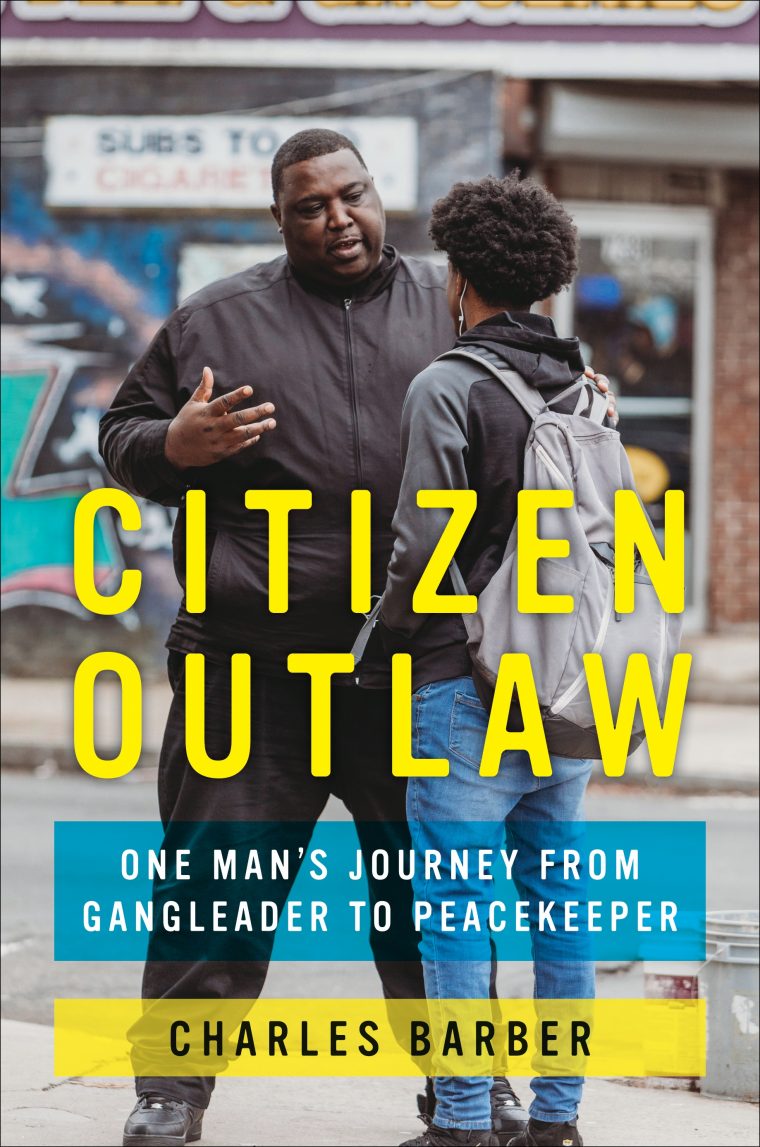Wesleyan in the News 1. Washington Post: "Biden Makes End Run Around Trump as the President Dominates the National Stage" Erika Franklin Fowler, associate professor of government and co-director of the Wesleyan Media Project, comments on Biden's unusual strategy during an unprecedented time for the 2020 presidential campaign. “There is not a ready off-the-shelf playbook for how you campaign in this environment if you are a nonincumbent, so that’s part of what you’re seeing,” she said. “We’re all being thrown into this new environment, where campaigns are going to need to reinvent, to some extent, how they go about things,…
Wesleyan in the News Inside Higher Ed: "Contagious Civic Engagement" In this essay, Wesleyan President Michael S. Roth ’78 calls for a "virtuous contagion" to stimulate voting and other forms of civic engagement among young people, and writes about how this can still be possible at a time of social distancing. "The best way to attack cynicism, apathy or voter suppression is through authentic civic engagement between elections," he writes. "One of the great things about this kind of engagement is that it is contagious. As we replicate efforts to bring people into the political process, we create habits of engagement…
Charles Barber, writer-in-residence in letters, is the author of a new book that tells the dramatic story of William Juneboy Outlaw III. Formerly the head of a major cocaine gang in New Haven, Outlaw turned his life around and now is an award-winning community advocate, leading a team of former felons who negotiate truces between gangs on the very streets that he once terrorized. Barber wrote Citizen Outlaw: One Man's Journey from Gangleader to Peacekeeper, published Oct. 15 by HarperCollins, in collaboration with Outlaw. The two gave a WESeminar and book signing on Nov. 1 at Russell House as part…
Visiting Writer Charles Barber, director of The Connection Institute for Innovative Practice, will be the principal investigator, along with David Sells of Yale University, on a study peer mentoring of prisoners, thanks to a $295,000 grant from the U.S. Department of Justice. The study is a two-year randomized trial involving 110 ex-offenders in New Haven, Bridgeport and other Connecticut cities — 55 will receive mentors, and 55 will not. "We will recruit clients from prisons, where mentors— who are former prisoners themselves, with at least five years of stability behind them — will meet with them two to three times, pre-release. Mentors will then…




